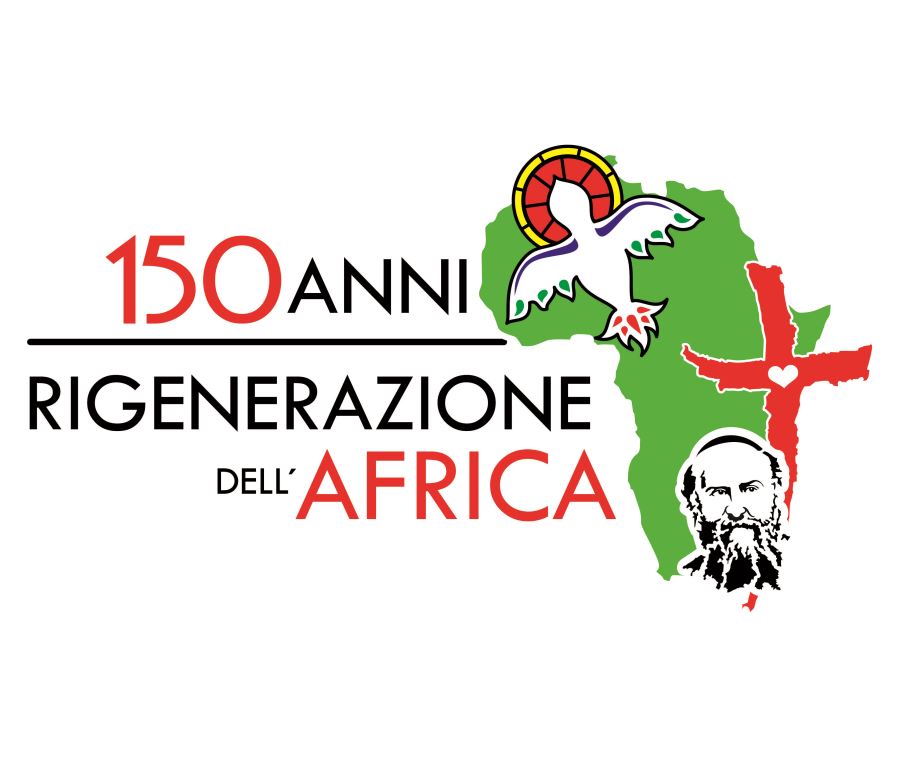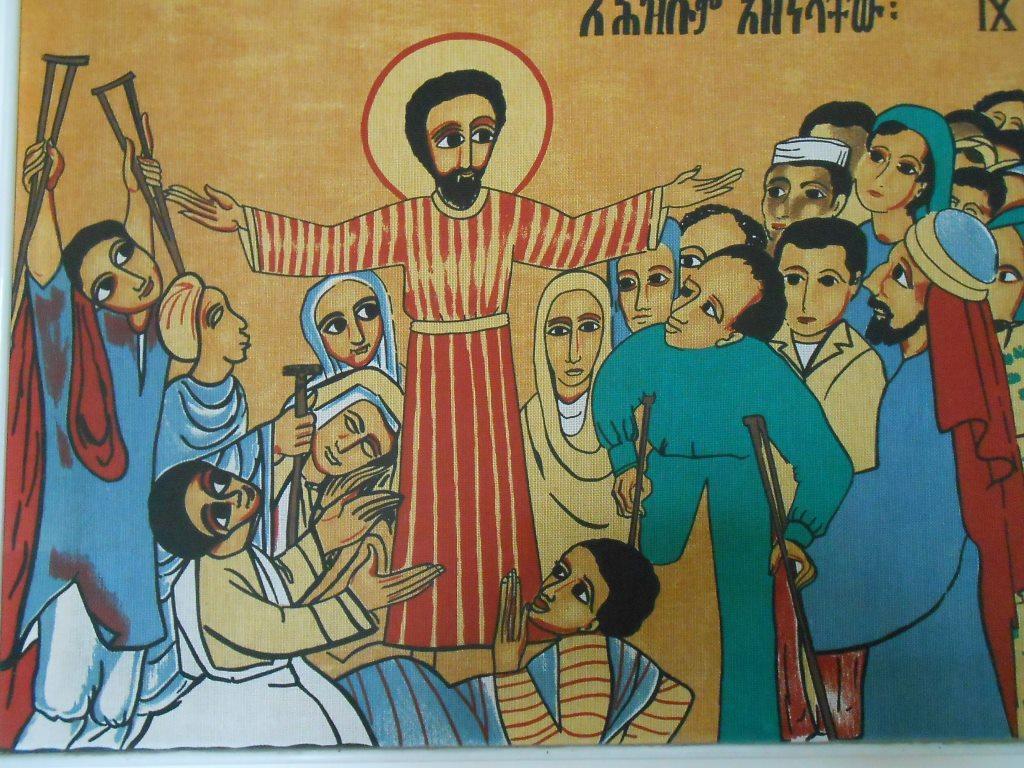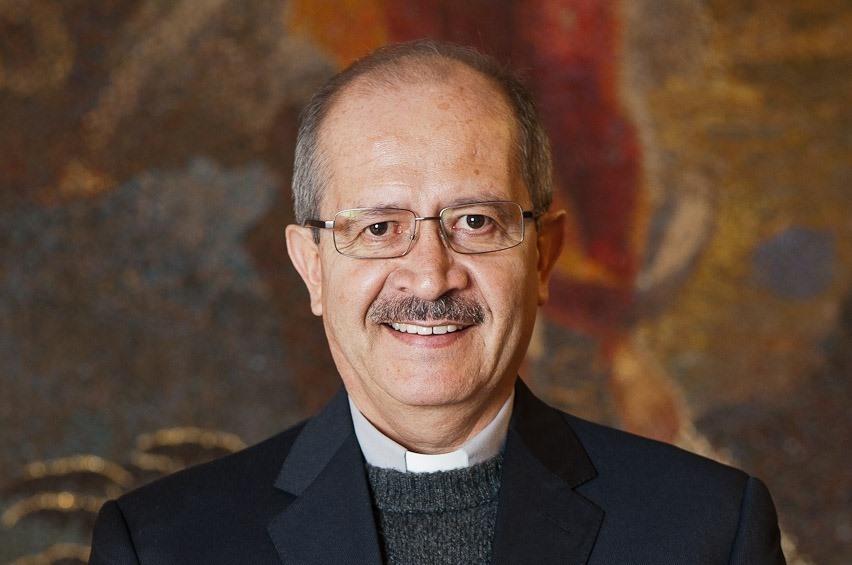Daniel Comboni
Comboni Missionaries
Institutional area
Other links
Newsletter
Tuesday, January 21, 2014
“During the first days of 2014 we began the celebrations of the 150th anniversary of the “Plan of Comboni for the Regeneration of Africa” with suggestions for reflection that the General Council sent to all the confreres and there are other initiatives in the pipeline intended to help us to live this moment as an opportunity to come closer to, and make our own, the great missionary intuitions of St. Daniel Comboni.
In Rome, as in the Provinces and Delegations of the entire Institute, there will be celebrations, meetings for reflection and work and moments of mission promotion in order to come to know better, not just the text of the Plan, but above all the spirit to be found in those pages, written in a short burst by Comboni, with great missionary passion and enthusiasm.
With the passage of time, those pages were rewritten no longer with pen and ink but with the lives of the many men and women missionaries who, with great generosity, accepted the legacy of the mission as conceived by our Father and Founder. Consequently, the Plan is not just something that belongs only to the past but is like the blood in our veins, always with us in the present.
The celebration of the anniversary gives us an opportunity to understand better how up-to-date the missionary content of the Plan is, and how important it is to translate into the language of our day the intuitions discovered in the past 150 years.
It is a question of keeping alive the memory of a gift received a long time ago, to discover the relevance today of a missionary spirit and strategy that are valid in our time and for our humanity, forever needful of the encounter with the Lord.
During discussions on the proposals for the celebration of this anniversary, there emerged a desire to foster a journey that may help us to avoid the temptation to perform a simple act of remembering a moment in our history and seek, above all else, that which enables us to make our own what the Holy Spirit made Daniel Comboni understand, as the way towards a new mission, capable of responding to the urgent needs and challenges of his time.
To us is given the challenge to find a way to make relevant today the life proposal contained in the Plan that the Lord has today for us and for the brothers and sisters entrusted to us in service to the mission.
This year we have a special occasion to discover, not only the Plan of Comboni, but to write our own plan, the plan that the Lord inspires in us in so far as of the urgent needs, the challenges, the dramatic character of our time and the unceasing concern of God for his children.
Not long ago, during the last General Chapter, we took on ourselves the task of making the journey that leads from the Plan of Comboni to the plan of the Comboni Missionaries. Now, in 2014, is, perhaps, the time to ask ourselves what point we have reached, at the personal, provincial and Institute levels.
What is the Plan?
There are different ways to approach the Plan and I want to share with you just a brief reflection that may help us to try and draw up our personal plan, or at least to begin what may be a first draft.
We all know that, when we take the text of the Plan in our hands, we are faced with a work that lasted for years and that in the end was captured in just a few pages, insufficient to express the strength, sentiments, courage, hope, joys and difficulties which, though enclosed between those apparently cold and unfeeling lines, contain a spirit which reveals the greatness of what was written therein.
The Plan is not a textbook; it is life hidden within the words, thoughts, intuitions, dreams and the desires that were the motive power able to move the hands of Comboni to leave traces of the Spirit he tried to express, which goes far beyond the ideas and strategies that will somehow become the response to the cry that assails the ears of God to stir up his mercy.
I like to describe the Plan as the mediation offered by Comboni which, pervaded by the Spirit, helps God to carry out his missionary project; it is an open door that allows God to enter the history of his children who are in need of Him and thus realises his missionary dream.
Before ever becoming a written document, the Plan was a dream and a passion, an uncontainable power in the heart of Comboni.
It is the expression of love – source of the mission – for the poorest and the most abandoned, that becomes real and achievable. It is the concrete response to a reality that can neither be ignored nor forgotten since it is comprised of people with names and surnames, of tragedies and urgent needs, of promises and gifts that did not allow any delay in Comboni’s involvement – in his days – and that do not allow any of us, today, to postpone our response to a tomorrow that may never come.
Seen through the person of Comboni, the Plan is the complete availability to pay the price personally and never withdraw, even if this may continually turn our lives upside down, and to give our lives inch by inch, since making common cause with the poor never brings profits or earnings to be amassed.
The Plan is the missionary passion that cannot be contained by borders or diminished or discouraged by problems or difficulties, because it is a matter of the power of God who avails of human fragility to manifest his great love.
In the pages of the Plan we find ourselves faced with the desire of God and the dream of Comboni which intertwine and merge to become a single passion, quenched only on the wood of the Cross and the cry: “Africa or Death”.
It is an experience of encounter, profound communion of such powerful intimacy that the words may vanish and the text disappear, but the total self-giving remains as witness to a covenant whose only passion is the mission and the poor.
In the depths of the Plan there is the dream of Comboni of Africa open to God and his redeeming plan. The dream of seeing the African peoples respected as to their rights and dignity. The wish to see a continent illuminated by the light of the Gospel which does not tolerate deceit or injustice, or rejoices in violence or death.
Fr. Gino Pastore,
in Carapira,
Mozambique.
What is required of us today?
As we approach the legacy of the Plan, none of us can ignore certain questions that seem to spring up before our eyes when we try to take seriously our being missionaries and Combonians. Can they be of help in visualising our plan? We could not wish for better.
What are our passions? What stirs our hearts as we contemplate the missionary situation of our time? On what is our enthusiasm centred and what absorbs all our energy today? Where is the encounter between the desires of God for humanity and our availability to live solely for the mission? To what degree does the love for the poorest and most abandoned provide us with the energy that makes us ready for anything for the sake of the Kingdom of God? Where are the dreams that may help us to create that plan that God expects from us for humanity within which the mission continues to be the great challenge for those who call themselves disciples of Christ and a fortiori for us who have received the missionary vocation?
It would be wonderful if, at the end of this year, we were able to formulate a new plan, albeit modest, for the mission that challenges us as Comboni missionaries. A plan that would show how the charism of Comboni is still relevant, alive and fruitful.
A plan that would help us to grow in the confidence and certainty that the Lord continues to work together with us to bring about new times that will make us once again experience the joy of the mission, despite our poverty and fragility.
How do we dream of the mission in our times and what are we prepared to do to collaborate with the Lord in carrying out his plan for those he loves with all his heart? Surely the cries and sufferings of the many brothers and sisters in all corners of the world will be of great help in our efforts to give our response, even if a modest one.
May St. Daniel Comboni accompany us in this dream.
Fr. Enrique Sánchez G., mccj
Superior General







